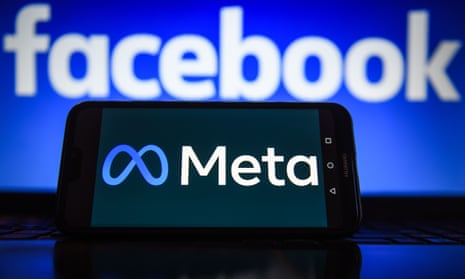The US competition watchdog can proceed with a breakup lawsuit against Facebook’s owner, a federal judge has ruled.
Mark Zuckerberg’s Meta, the parent of Facebook, Instagram and WhatsApp, had asked a court to dismiss an antitrust complaint brought by the Federal Trade Commission (FTC) for the second time. However, Judge James Boasberg said on Tuesday that the FTC’s revised lawsuit should be allowed to proceed.
“Ultimately, whether the FTC will be able to prove its case and prevail at summary judgment and trial is anyone’s guess. The court declines to engage in such speculation and simply concludes that at this motion-to-dismiss stage, where the FTC’s allegations are treated as true, the agency has stated a plausible claim for relief,” wrote Boasberg, of the US District Court for the District of Columbia.
The FTC, under the new chair, Lina Khan, wants to force Meta to sell its photo-sharing app Instagram and its messaging service WhatsApp in one of the biggest challenges the government has brought against a tech company in decades. Its lawsuit accuses Meta of pursuing a “course of anti-competitive conduct”.
The FTC originally sued Facebook during the Trump administration, and its complaint was rejected by the court in June last year. The agency filed an amended complaint in August, adding more detail on the accusation that the social media company had crushed or bought rivals. Meta’s platforms are used by 2.8 billion people around the world on a daily basis.
Boasberg said this time round the FTC had been “far more robust and detailed” in presenting its case. He wrote: “The agency has also explained that Facebook not only possesses monopoly power but that it has wilfully maintained that power through anti-competitive conduct – specifically, the acquisitions of Instagram and WhatsApp.”
In his ruling denying dismissal, the judge, however, said that the FTC could not press allegations that Facebook blocked competing apps from accessing its platform as a way to maintain its dominance, saying the policies had been abandoned in 2018.
Meta said that it was confident the company would win in court.
“Today’s decision narrows the scope of the FTC’s case by rejecting claims about our platform policies. It also acknowledges that the agency faces a ‘tall task’ proving its case regarding two acquisitions it cleared years ago,” a spokesperson said.
Meta shares closed up 1.9% on Tuesday, closing at $334.37 and valuing the company at $930bn (£683bn).
